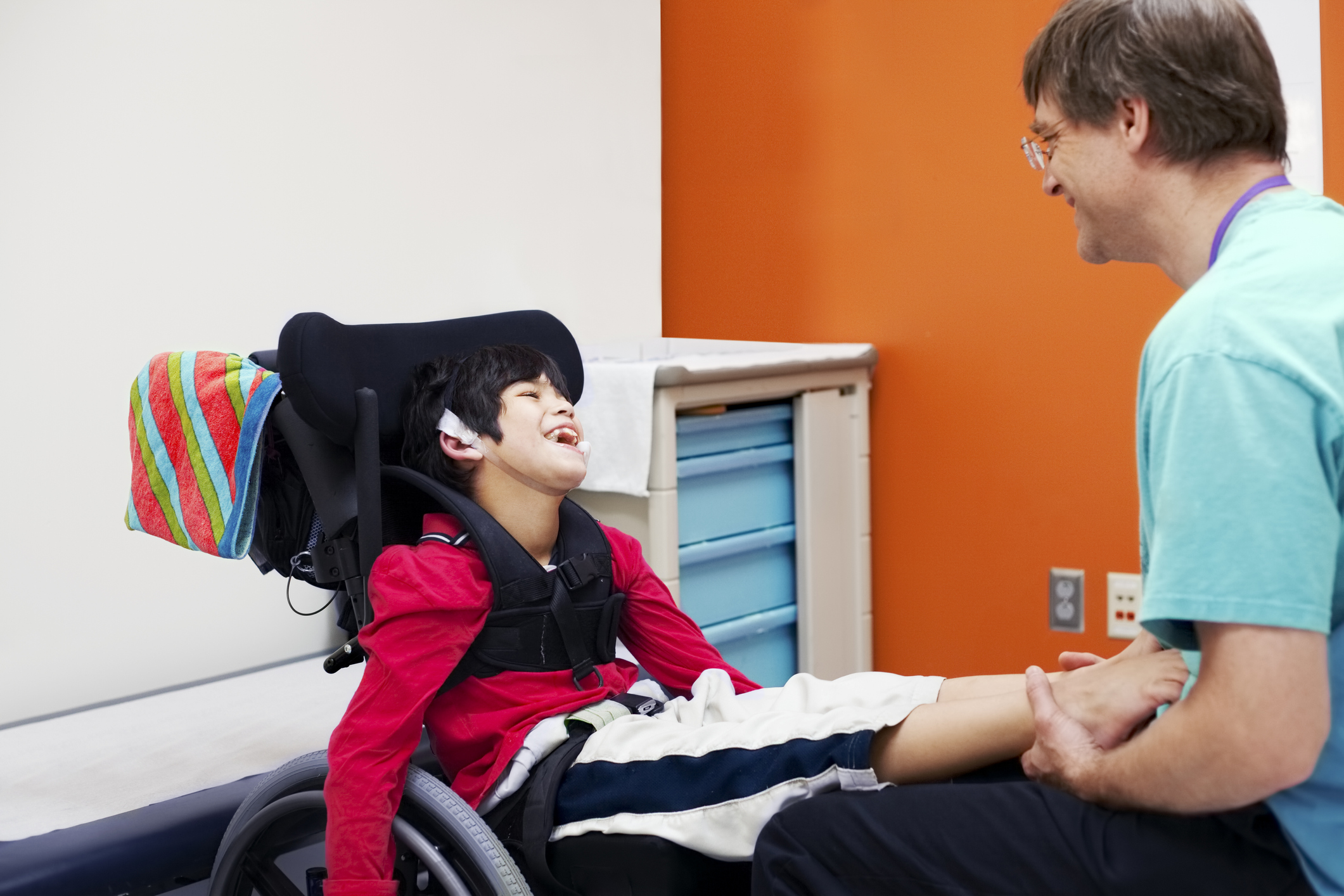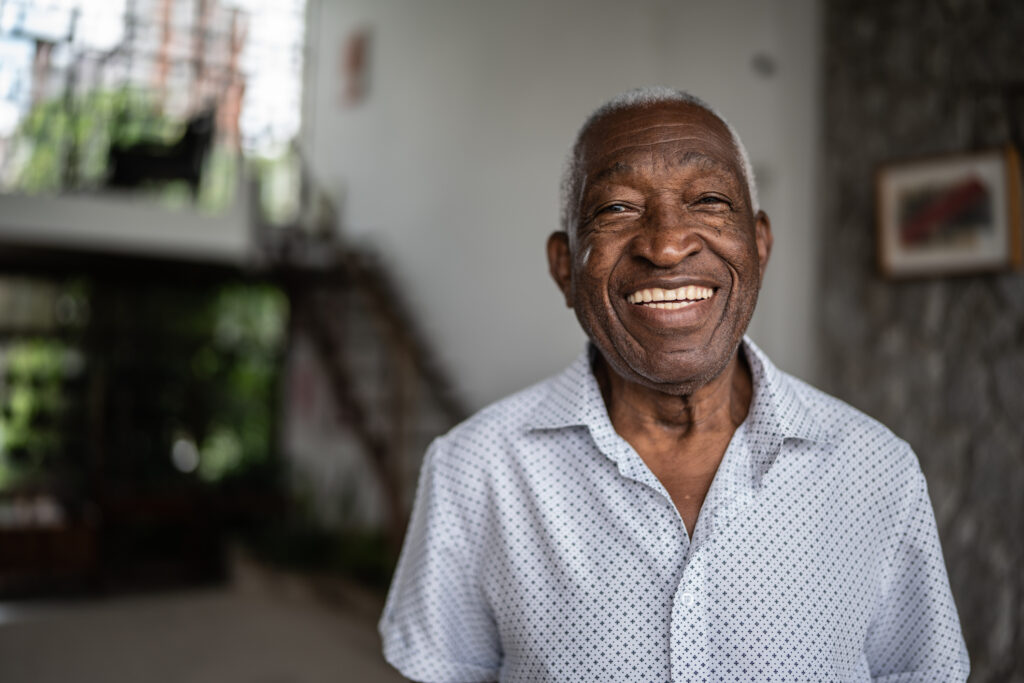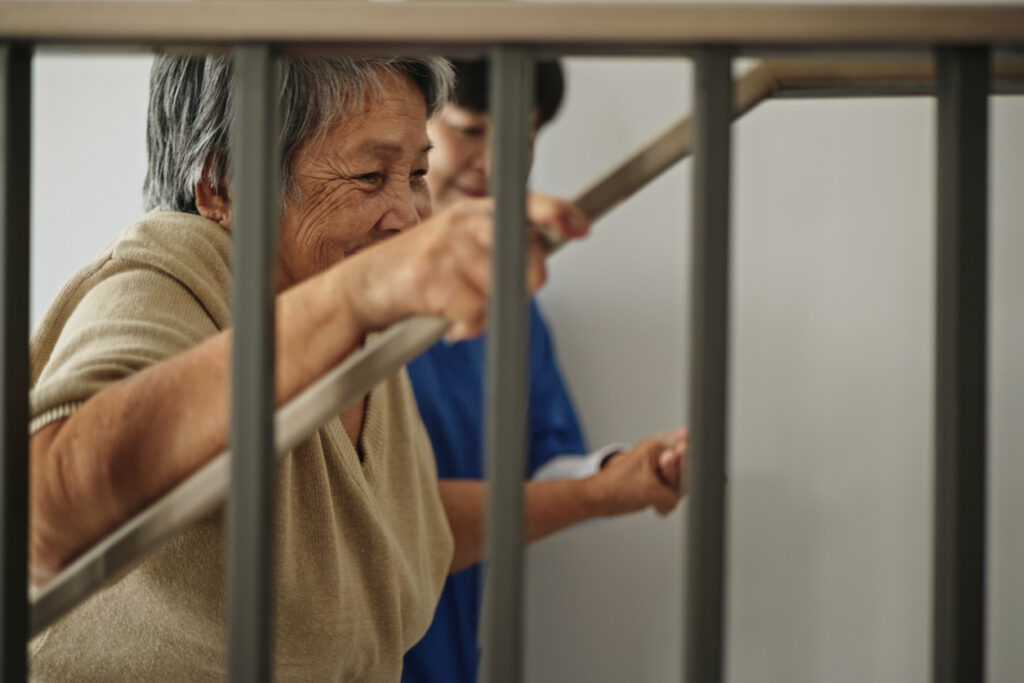
Supporting children with brain injuries
This year, around 90 children with a severe acquired brain injury will receive intensive neurorehabilitation at The Children’s Trust. Read more…
Social Problem
Each year, 40,000 children in the UK experience an acquired brain injury. The effects can be catastrophic. Many of these children lose the ability to walk, talk and feed themselves. Early rehabilitation is crucial, but very few organisations in the UK are fully equipped to offer the level of intensive therapy and care that is required.
Organisation
The Children’s Trust provides intensive rehabilitation for children with acquired brain injuries and services for children with neurodisability. It is the only national inpatient facility for neurorehabilitation for children of its kind in the UK. Director of Therapies and Education, Melanie Burrough, explains, “When a child has an acquired brain injury, it is important that rehabilitation and therapy is provided as early as possible. Once the child is medically stable, they need rehabilitation to happen as soon as possible. That gives them the best chance of regaining, relearning and adapting skills such as walking, talking, eating, getting dressed and playing.” Rehabilitation is based on individualised child and family goals to support recovery, education and participation in everyday life. Intensive rehabilitation involves a large specialist team and offers high intensity therapy over the duration of placement, which could be up to 25 hours per week.
The Children’s Trust also offers community rehabilitation, short breaks for children with complex needs and step down packages of care. The Children’s Trust School is a non-maintained school provision, with on site residential children’s homes supporting up to 44 children, predominantly with profound and multiple learning disabilities and complex health needs.
Loan
The children receive multi-disciplinary care and some need 24/7 support. However, The Children’s Trust has struggled in the past to get enough funding from local authorities. This, alongside rising costs, meant that, by the Summer of 2022, the charity was heading towards a very significant financial deficit. Without a significant loan to refinance existing debts and fund its recovery, the charity may have been forced to close.
Director of Finance, Elizabeth Sell, shares, “We couldn’t have got a loan from a high street bank in our financial position. We needed a specialist lender who absolutely understood the sector and the level of change that we needed to make, and who was prepared to come with us on our recovery journey. There are very few organisations like that.” Thankfully, Charity Bank agreed to lend The Children’s Trust £4 million and arranged a further £1 million of finance through Big Society Capital.
Impact
This year, around 90 children with a severe acquired brain injury will receive intensive neurorehabilitation at The Children’s Trust. Many of the children have been supported to relearn or regain skills and are prepared for returning to their home, school and community. An additional 44 children will receive specialist education, health, therapy and care support at the charity’s residential school and nursery, and many more families will receive help and advice. Melanie shares, “Thanks to Charity Bank, we are now a more sustainable organisation and are still here for the children, young people and their families.”
“We couldn’t have got a loan from a high street bank in our financial position. We needed a specialist lender who absolutely understood the sector and the level of change that we needed to make, and who was prepared to come with us on our recovery journey. There are very few organisations like that.”
Elizabeth Sell, Director of Finance at The Children’s Trust
About Charity Bank
Charity Bank is the loans and savings bank owned by and committed to supporting the social sector. Since 2002, we have used our savers’ money to make more than 1400 loans totalling over £605m to housing, education, social care, community and other social purpose organisations.
Nothing in this article constitutes an invitation to engage in investment activity nor is it advice or a recommendation and professional advice should be taken before any course of action is pursued.


